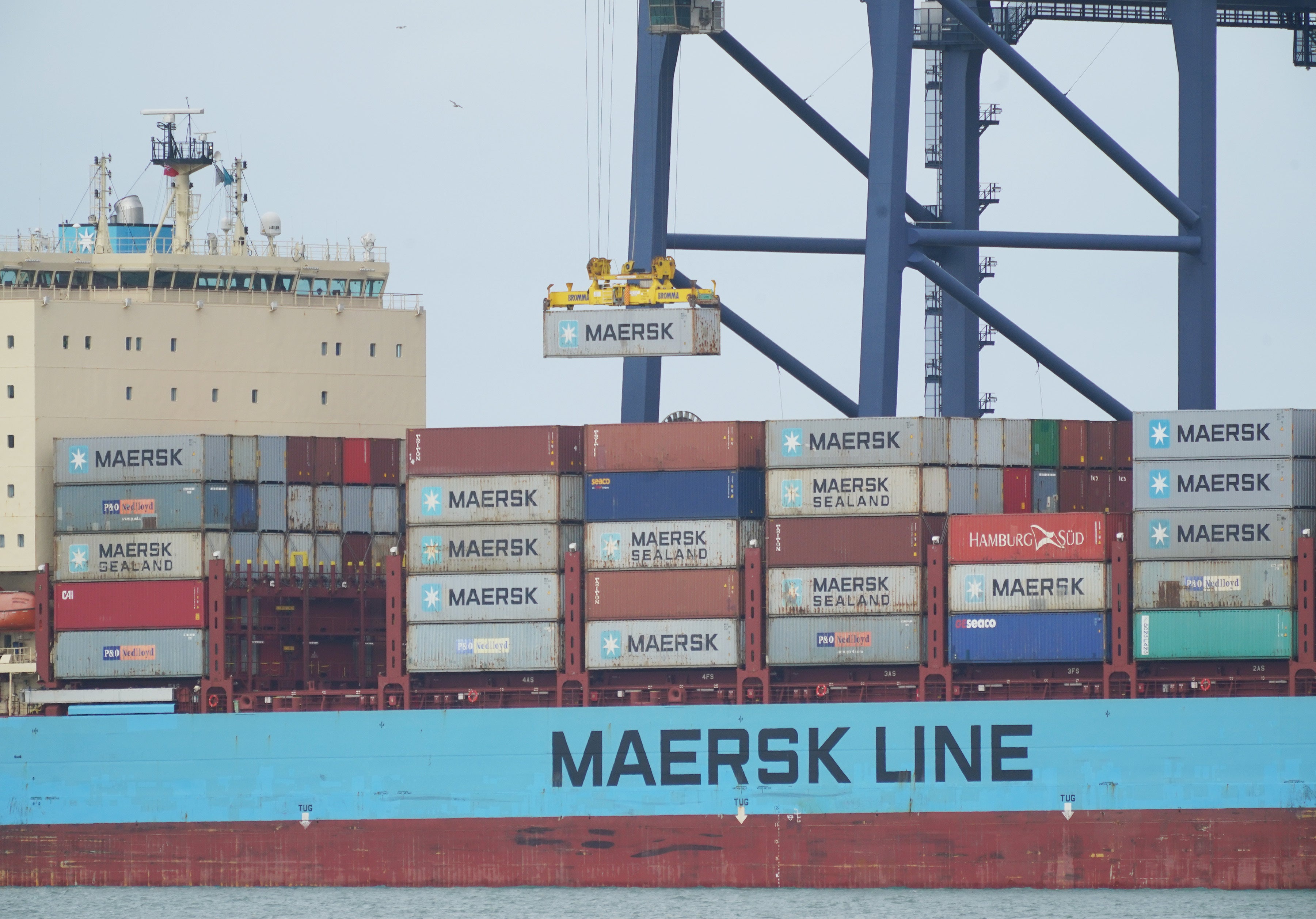UK businesses hit by record cost inflation but continue growth
The closely-followed IHS Markit/CIPS Flash UK Composite PMI report hit a reading of 57.7 for November, down from 57.8 last month.

Your support helps us to tell the story
From reproductive rights to climate change to Big Tech, The Independent is on the ground when the story is developing. Whether it's investigating the financials of Elon Musk's pro-Trump PAC or producing our latest documentary, 'The A Word', which shines a light on the American women fighting for reproductive rights, we know how important it is to parse out the facts from the messaging.
At such a critical moment in US history, we need reporters on the ground. Your donation allows us to keep sending journalists to speak to both sides of the story.
The Independent is trusted by Americans across the entire political spectrum. And unlike many other quality news outlets, we choose not to lock Americans out of our reporting and analysis with paywalls. We believe quality journalism should be available to everyone, paid for by those who can afford it.
Your support makes all the difference.The UK’s private sector saw cost inflation hit another record high this month amid rising wage, fuel and energy costs for firms.
It came as growth in the private sector dipped only marginally as companies reported a continued increase in consumer demand.
The closely-followed IHS Markit CIPS Flash UK Composite PMI report hit a reading of 57.7 for November, down from 57.8 last month.
Scores above 50 represent growth, while anything below that is a contraction.
The flash figures are preliminary and based on responses from most of the survey participants.
A combination of sustained buoyant business growth, further job market gains and record inflationary pressures gives a green light for interest rates to rise in December
Chris Williamson chief business economist at IHS Markit, said the survey’s latest findings could help usher in an interest rate increase next month after the Bank of England surprisingly decided to hold rates earlier this month.
He said: “A combination of sustained buoyant business growth, further job market gains and record inflationary pressures gives a green light for interest rates to rise in December.
“Output growth across manufacturing and services came in slightly faster than expected in November, albeit heavily skewed towards the service sector as factories continued to struggle with supply shortages and falling exports.”
The UK’s services industry drove growth over the period, as it reported a 58.6 reading for November amid the strongest increase in new business since June 2018.
Despite recovering sales volumes, firms in the services sector said margins were put under pressure by the surge in input costs and a slower increase in prices charged to clients.
Severe shortages of materials and staff held back growth and led to escalating input prices
Meanwhile, the manufacturing sector saw growth improve but it remained comparably modest, with a 52.9 reading for the month.
The report highlighted that “severe shortages of materials and staff held back growth and led to escalating input prices”.
Duncan Brock, group director at CIPS, said: “Another survey record of rising costs for fuel and wage demands led to the highest inflationary pressures since January 1998 as 63% of supply chain managers paid more for their materials.
“Shortages of staff and production stoppages due to a lack of supplies added to frustrations in the manufacturing sector as some machines fell silent.”